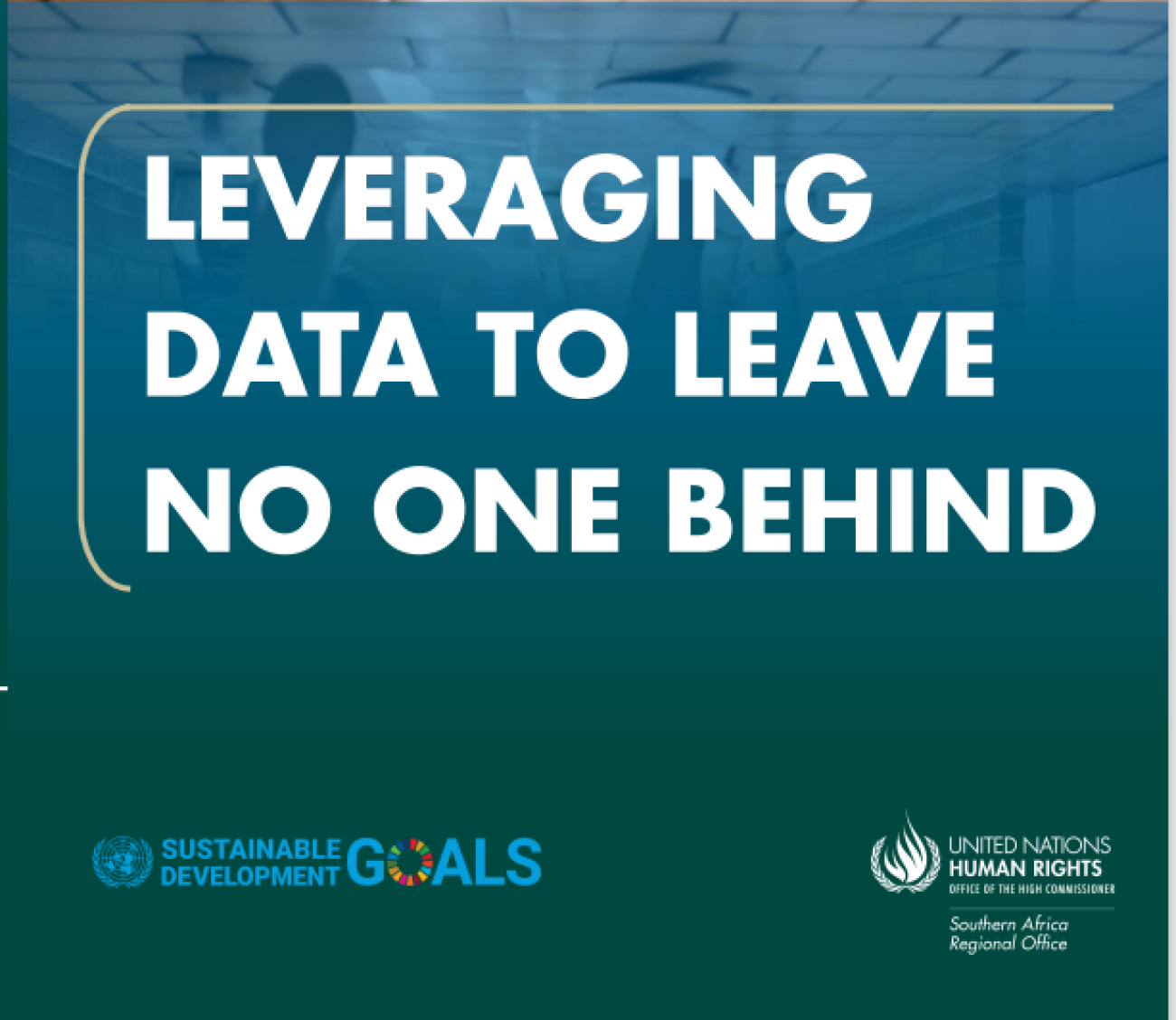OHCHR Regional Office for Southern Africa concludes study on leveraging socio-economic data to leave no one behind
The importance of data cannot be underestimated in understanding the relationship between economic, social and cultural rights and the sustainable development goals (SDGs) from a Leave No One Behind perspective. Disaggregated data is required to measure and monitor the extent to which marginalised groups in situations of vulnerability can enjoy their socio-economic rights and sustainable development outcomes. In a recent study on An Intersectional Approach to Socio-economic Data in Southern Africa: Leveraging Data to Leave No One Behind, the Office of the High Commissioner for Human Rights (OHCHR) Regional Office for Southern Africa (ROSA) explored these themes, focusing on Mauritius, Namibia and South Africa. All three countries are State Parties to the International Covenant on Economic, Social and Cultural Rights (ICESCR) and actively report to the Committee on Economic, Social and Cultural Rights (CESCR).
The study had four main aims, namely, to understand the existing socio-economic data landscapes in each country; to illustrate some gaps in existing socio-economic data identified by the CESCR; to outline a Human Rights Based Approach to data in Mauritius, Namibia and South Africa; and to make recommendations on how stakeholders can leverage existing socio-economic data to reveal the extent of intersectional forms of disadvantage and discrimination.
The findings and analysis of the study include recommendations to key stakeholders, including National Statistical Offices, National Human Rights Institutions, National Planning Commissions (or similar structures), National Mechanisms for Reporting and Follow-up, and the United Nations system. OHCHR ROSA shared the study findings with key stakeholders during a webinar held on 28 September. The webinar built on commitments made by states during the 2023 SDG Summit, on strengthening international, national and local data systems for collecting high quality, timely, relevant, disaggregated and reliable data on SDG progress and efforts to bolster data and statistical capacities in developing countries.
Find out more here: advocacy brief and infographic


